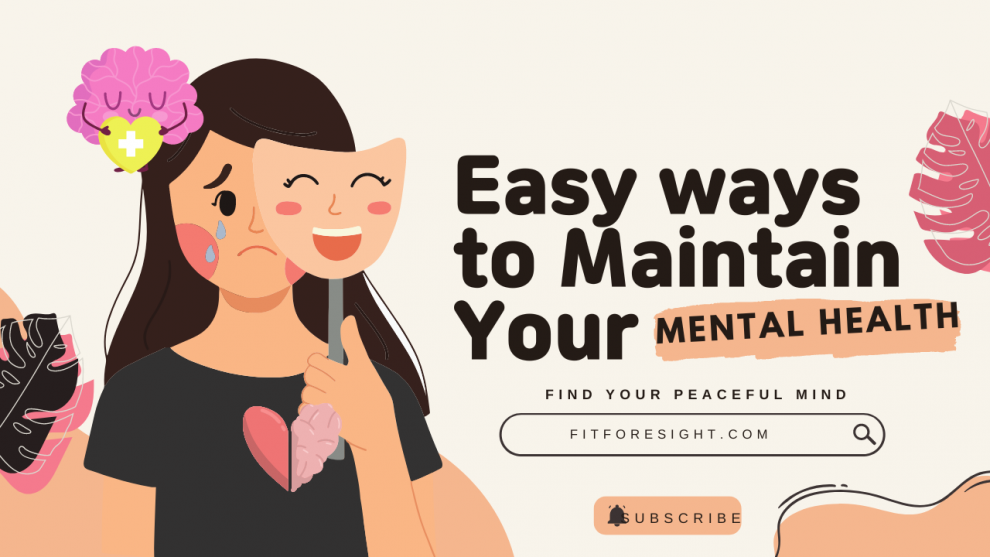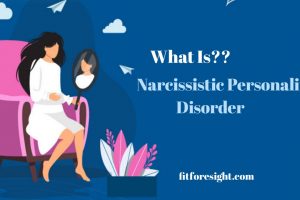Addressing mental health challenges requires a multifaceted approach that combines various strategies and solutions. Here are some effective solutions for promoting and maintaining good mental health:
- Therapy and Counseling: Seeking professional therapy or counseling can be highly beneficial for individuals experiencing mental health issues. Trained therapists provide a safe space to explore thoughts, emotions, and behaviors, offering guidance, coping strategies, and support.
- Medication: In some cases, medication prescribed by a qualified healthcare professional can be an essential component of mental health treatment. Medications help manage symptoms and restore chemical imbalances in the brain, providing relief for conditions such as depression, anxiety, and bipolar disorder.
- Self-Care Practices: Engaging in regular self-care activities is crucial for maintaining good mental health. This includes prioritizing adequate sleep, maintaining a balanced diet, participating in physical exercise, and engaging in activities that bring joy and relaxation.
- Support Networks: Building and nurturing a support network is vital for mental health. Surrounding oneself with caring and understanding friends, family, or support groups provides a sense of belonging, encouragement, and assistance during challenging times.
- Mindfulness and Meditation: Incorporating mindfulness and meditation practices into daily routines can promote mental well-being. These practices help individuals cultivate self-awareness, reduce stress, and enhance emotional regulation.
- Setting Boundaries: Establishing clear boundaries in personal and professional relationships is essential for protecting mental health. Learning to say no, prioritizing one’s needs, and avoiding overcommitment can prevent burnout and maintain a healthy work-life balance.
- Healthy Lifestyle Choices: Engaging in healthy lifestyle choices, such as reducing alcohol and drug consumption, avoiding smoking, and limiting caffeine intake, can positively impact mental health. These habits contribute to overall well-being and improve resilience.
- Social Connection: Maintaining social connections and fostering positive relationships is crucial for mental health. Engaging in meaningful conversations, participating in social activities, and spending time with loved ones help combat feelings of isolation and loneliness.
- Education and Awareness: Continuously educating oneself about mental health, its signs, and available resources is important. Awareness campaigns and educational initiatives help reduce stigma, increase understanding, and encourage early intervention.
- Work-Life Balance: Striving for a healthy work-life balance is essential for mental well-being. Setting realistic goals, taking breaks, and creating boundaries between work and personal life contribute to reduced stress levels and increased satisfaction.
Remember, each individual’s journey to mental well-being is unique. It’s important to find a combination of strategies that work best for you and seek professional guidance when needed. Prioritizing mental health and implementing these solutions can significantly contribute to a happier and healthier life.

























Loved it! I helped me alot to get knowledge on mental health!